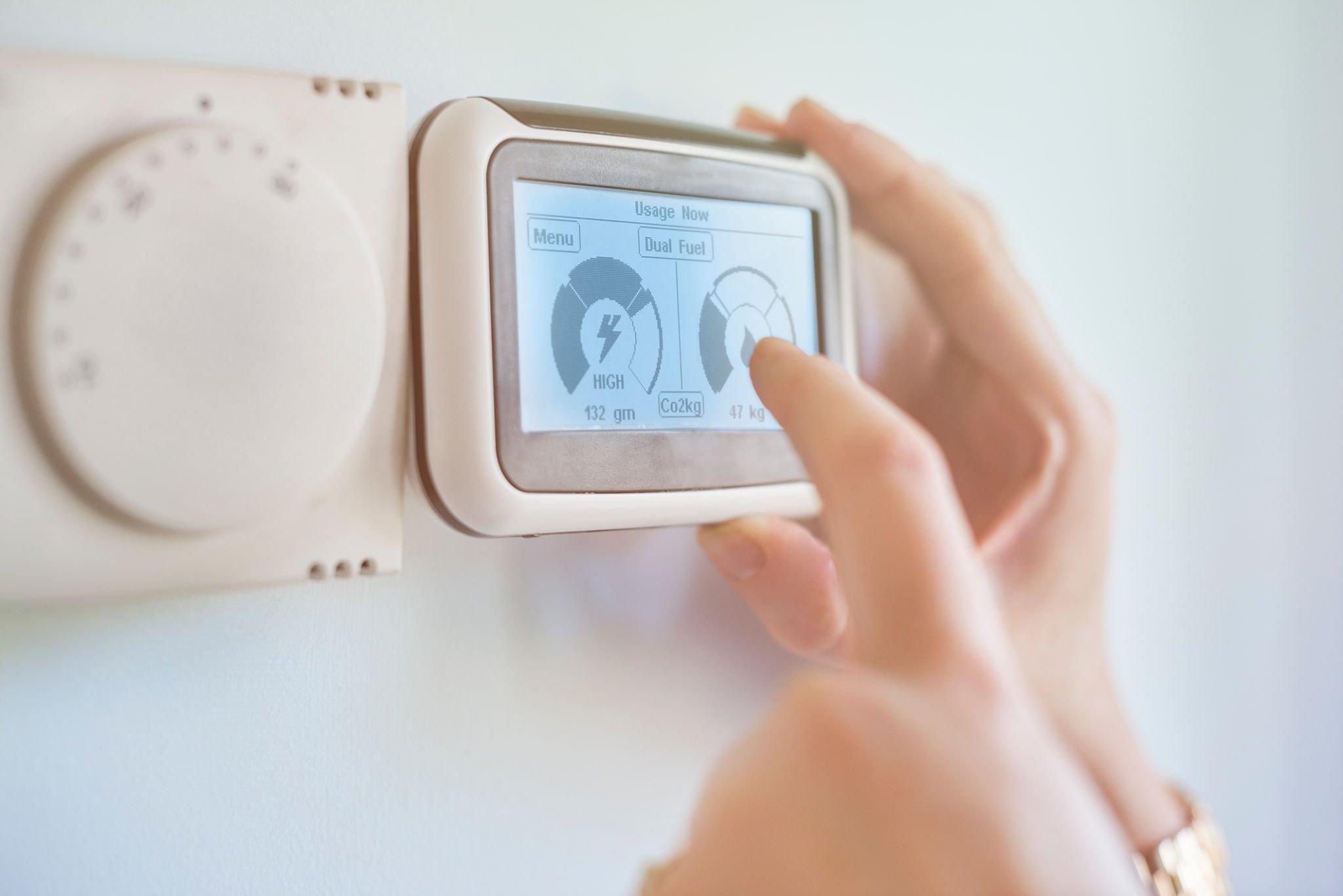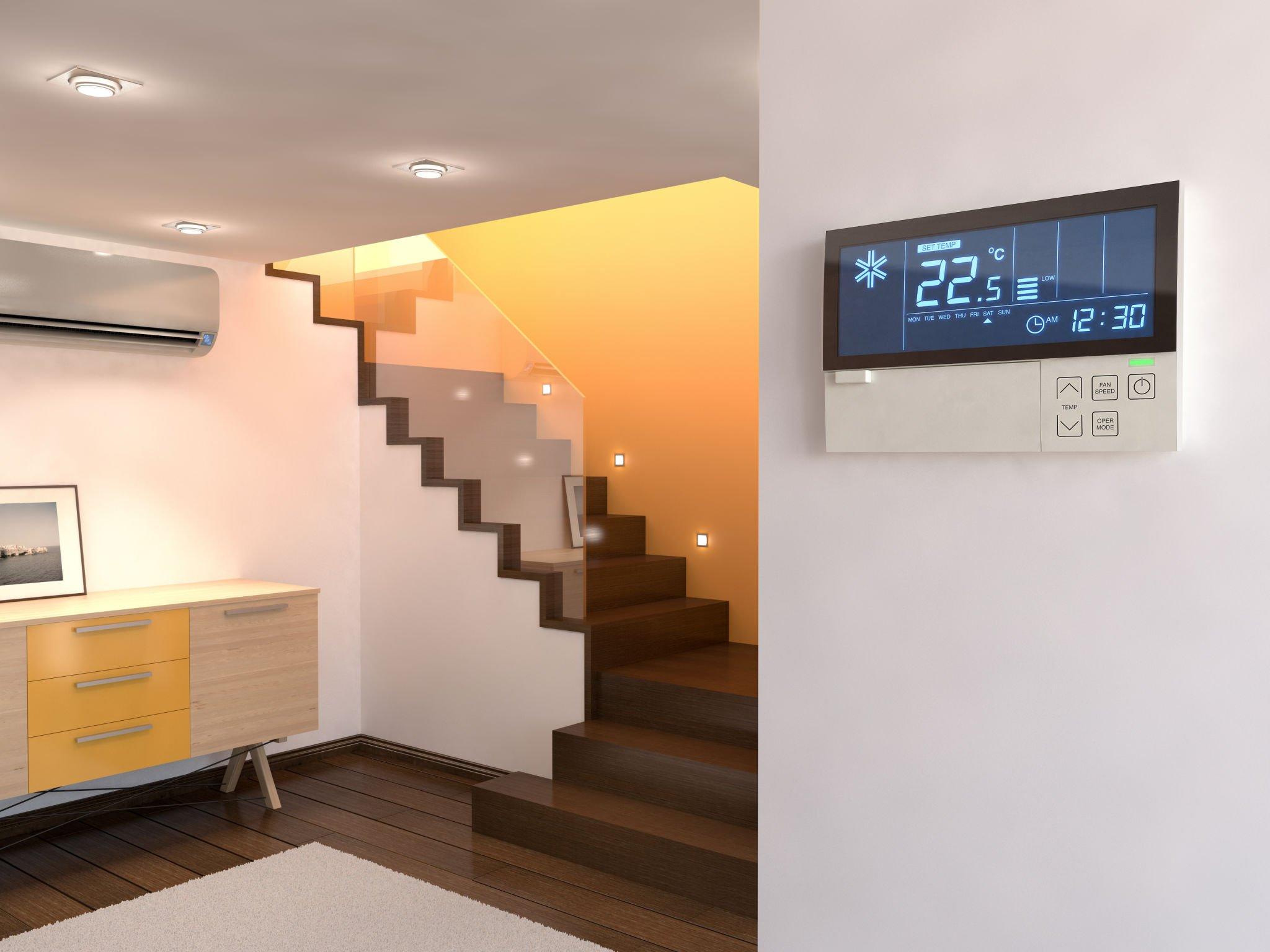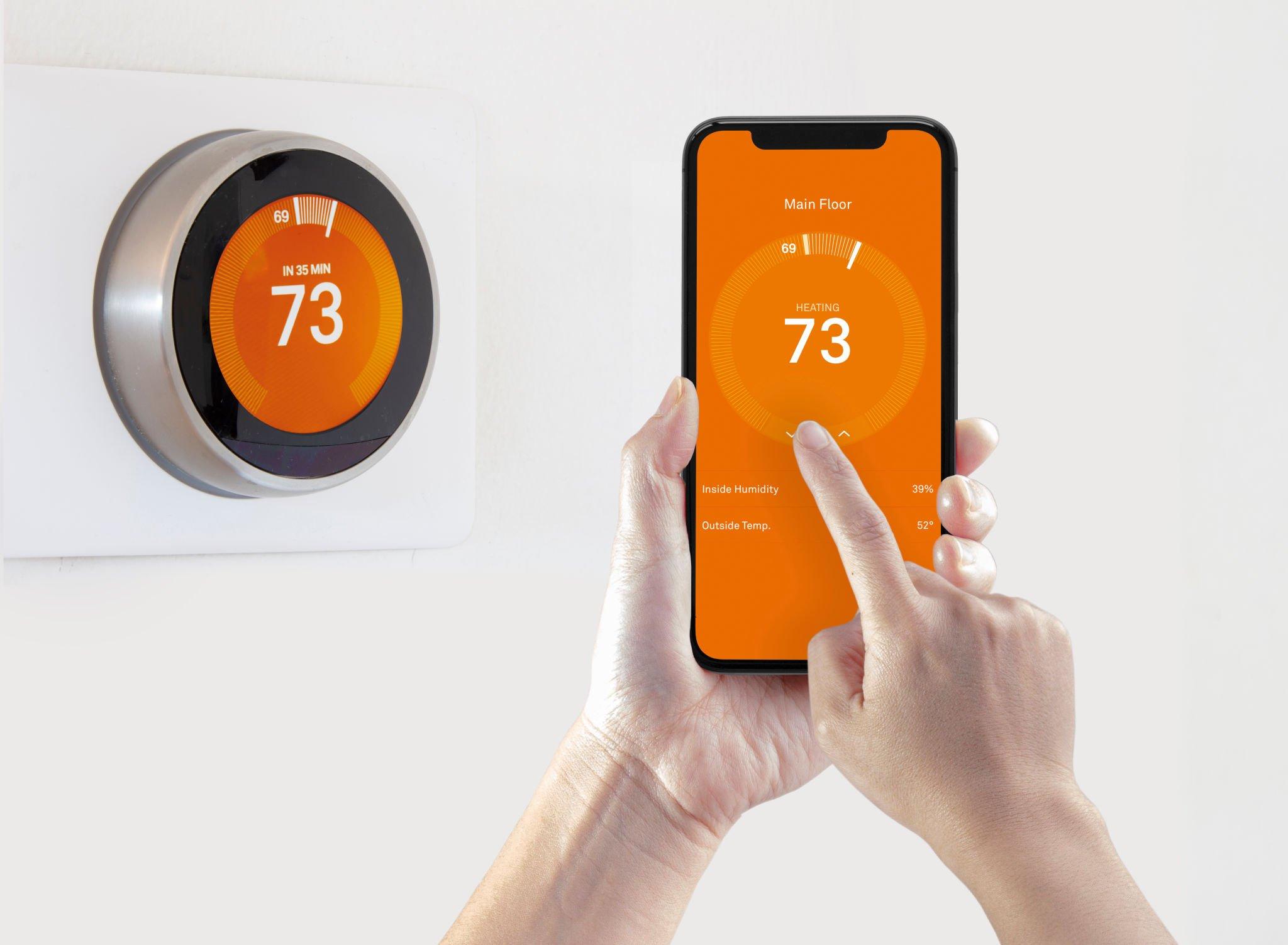Smart HVAC systems are becoming increasingly popular in homes and businesses. According to experts from Gustave A. Larson, these systems use advanced technology to regulate indoor temperatures, improve energy efficiency, and provide a range of other benefits.

1. Energy Efficiency
Smart HVAC systems use advanced sensors and algorithms to regulate indoor temperatures more precisely and efficiently than traditional HVAC systems.
This means that they can adjust the temperature in real-time based on occupancy, outdoor temperature, and other factors.
By optimizing heating and cooling based on actual needs, smart HVAC systems can reduce energy waste and save homeowners and businesses money on their energy bills.
Smart HVAC systems can also integrate with other smart home technologies, such as smart thermostats and lighting systems, to further improve energy efficiency.
Read also: Optimizing Your Small Business for the Digital Age
2. Remote Access and Control
Smart HVAC systems also offer remote access and control, which allows homeowners and businesses to adjust the temperature and other settings from anywhere using a smartphone or other mobile device.
This means that users can adjust the temperature before they arrive home or make changes to the system when they’re away.
This feature can be particularly useful for businesses, such as restaurants or retail stores, where the temperature needs to be adjusted based on occupancy or outdoor conditions.
3. Enhanced Indoor Air Quality

Smart HVAC systems can also improve indoor air quality by monitoring and regulating humidity levels and air circulation.
These systems can detect when air filters need to be changed or when there are pollutants in the air, such as smoke or dust.
They can also regulate humidity levels to prevent mold growth and other issues that can negatively impact indoor air quality.
Smart HVAC systems can also integrate with air purifiers and other air quality control technologies to further enhance indoor air quality.
This can be particularly beneficial for people with allergies or respiratory issues who require a clean and healthy indoor environment.
4. Predictive Maintenance
Smart HVAC systems can also provide predictive maintenance, which allows homeowners and businesses to identify potential issues before they become major problems.
These systems use advanced algorithms and machine learning to analyze data from the system and predict when maintenance or repairs are needed.
This can help prevent system breakdowns and reduce the overall cost of ownership by extending the lifespan of the system.
5. Improved Comfort and Personalization
Smart HVAC systems can also improve indoor comfort and personalization by allowing users to customize their settings based on their preferences and habits.
For example, a user can set the temperature to be cooler in their bedroom at night and warmer in their living room during the day.
These systems can also adjust the temperature based on occupancy, so the temperature in a room is only regulated when someone is present.
This feature can be particularly beneficial for homeowners and businesses who have different heating and cooling needs in different areas of their property.
Smart HVAC systems can provide customized solutions that meet the specific needs of each space, resulting in improved comfort and energy efficiency.

As technology continues to advance, smart HVAC systems are likely to become even more sophisticated and offer even more benefits.
From artificial intelligence and machine learning to integration with other smart home technologies, the future of smart HVAC systems is bright.
If you’re considering upgrading your HVAC system, a smart HVAC system is definitely worth considering for its features and advantages.
When choosing a smart HVAC system, it’s important to consider the specific needs of your home or business.
It’s also important to consider the level of automation and control you want, as some systems offer more advanced features than others.


